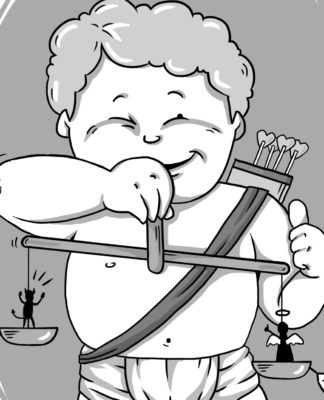THERE’S a difference between killing and allowing the patient to die.
Thus said Rector Fr. Tamerlane Lana, O.P. on physician-assisted suicide during the seminar “Ethical Issues on Death and Dying” last Feb. 19 at the Faculty of Arts and Letters audio-visual room.
“People have a right to die with dignity as much as they have a right to life,” Fr. Lana said. “But to the advocates of physician-assisted suicides, dignity refers only to the ability to control one’s life and to free oneself from pain, otherwise one is better off dead.”
He stressed that laws and medical practice should safeguard the intrinsic dignity and value of human life.
“Human dignity is inherent in a person even if the patient himself feels he is loosing control of his life and purpose in living,” Fr. Lana said. “Behind pleas for death, what the anguished patient is really asking for is love and affirmation.” “With modern pain alleviation, there is no justification for euthanasia,” he added.
The Rector maintained that patients may not be subjected to “mercy killing” even for the purpose of harvesting organs for life-saving transplants. He said that only when the patient is brain-dead (the criterion for determining biological death), can the physician obtain the organs.
Further, Fr. Lana explained that life support systems may be withheld from terminally-ill patients if the procedure is proven “futile” and “gravely burdensome.”
“A life-support system is futile and burdensome when as extraordinary means of medication, it doesn’t promise any hope of benefit and is taxing to the patient and the relatives,” he said. “An example would be when the patient is in irreversible coma.”
The seminar, organized by the Faculty of Arts and Letters Department of Philosophy, aimed to discuss issues in bioethics, a discipline that advances genuine human rights and patient protection from health care malpractice.















